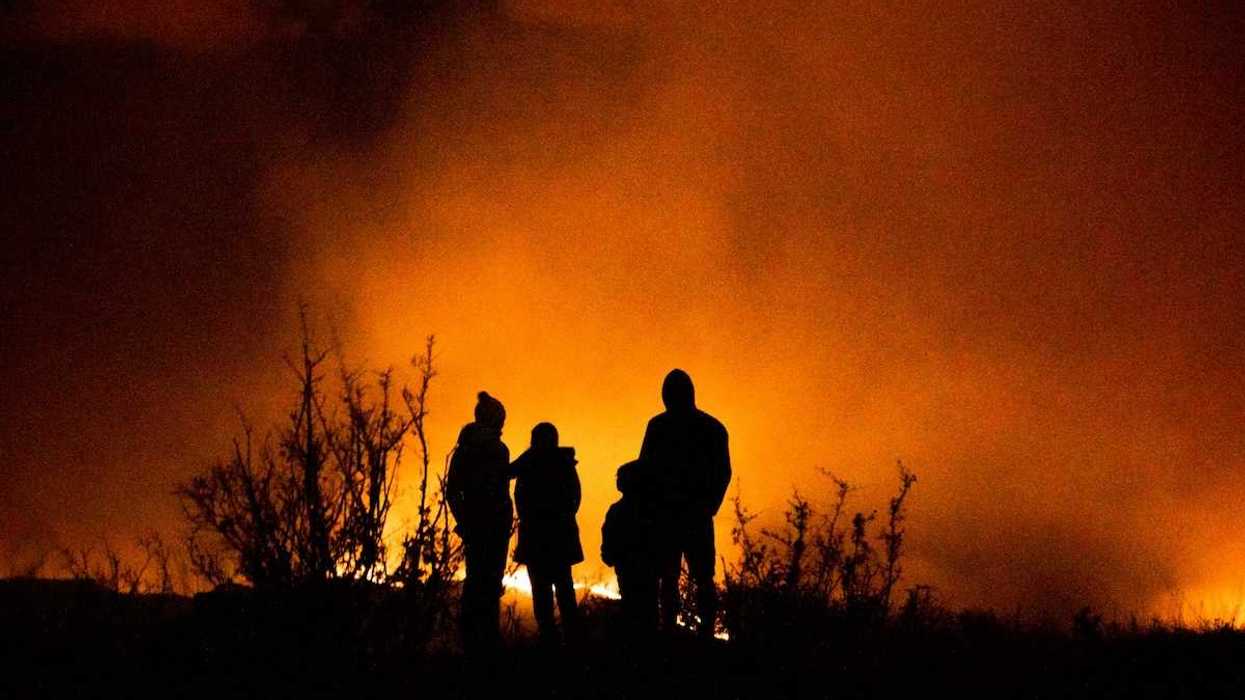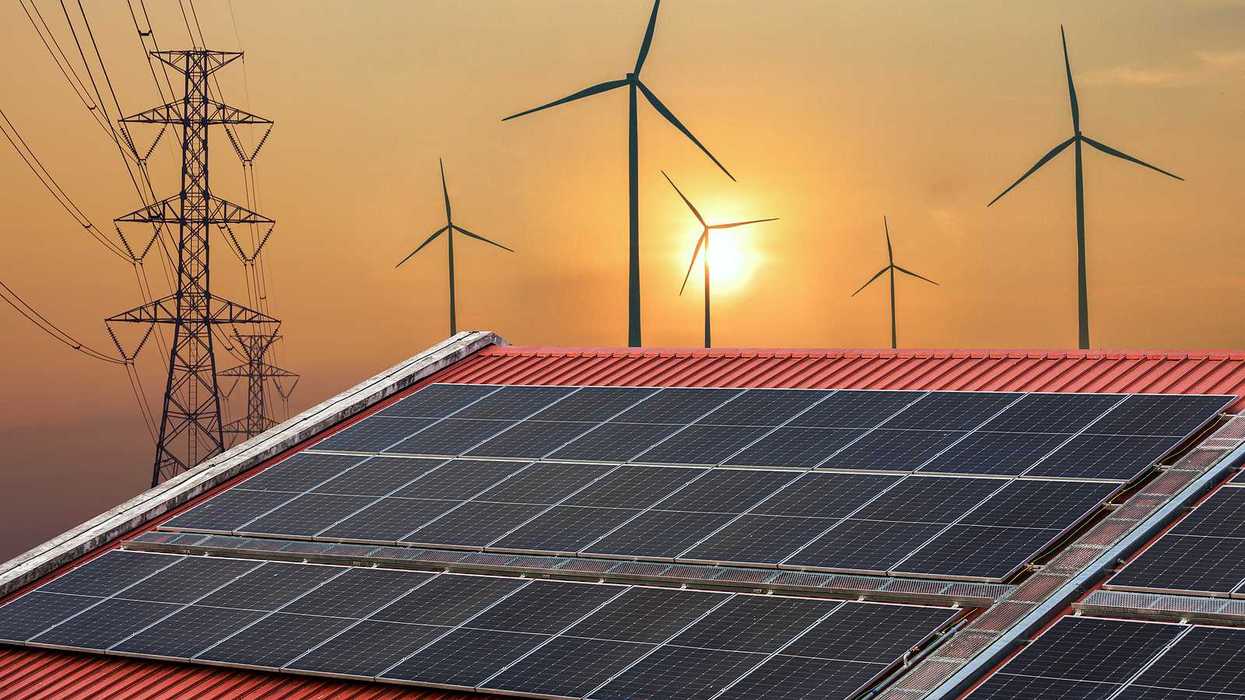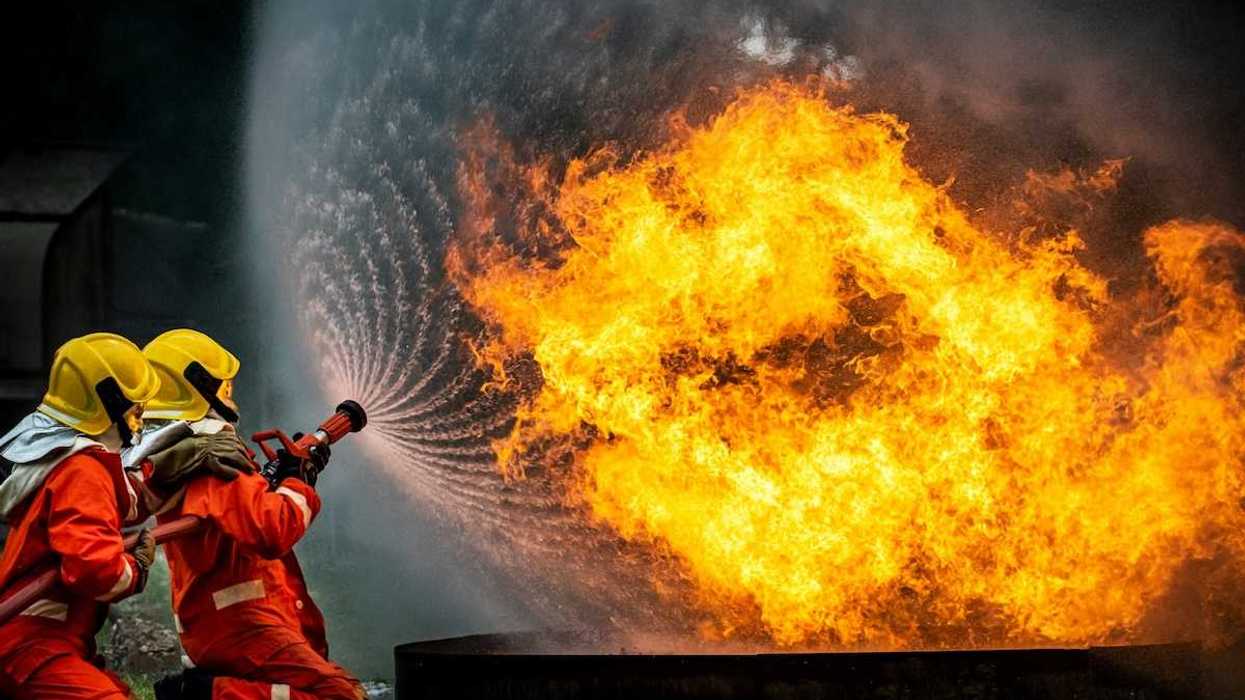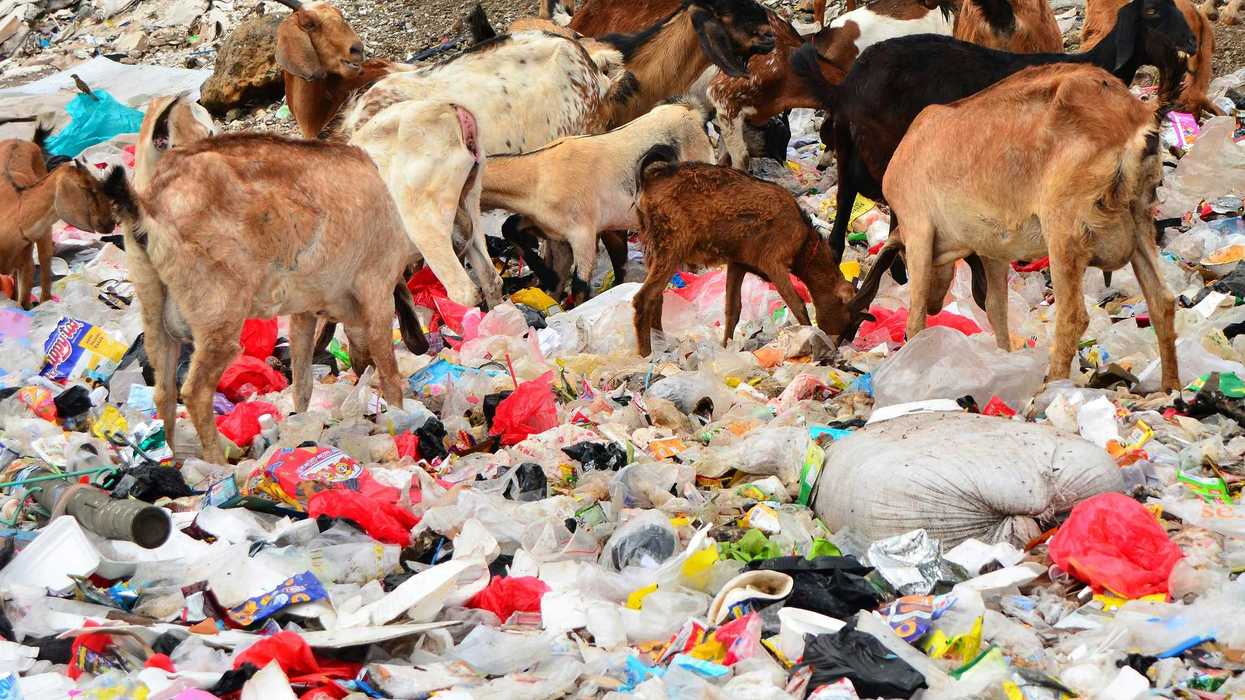Global carbon emissions from forest fires have jumped 60% since 2001, with boreal forests now contributing more than tropical ones to climate change, according to a new study.
Austyn Gaffney reports for The New York Times.
In short:
- A study finds forest fire emissions have risen sharply, driven by boreal forests in Canada and Siberia.
- Global warming and changing land use have increased the severity of wildfires, particularly in regions unaccustomed to current climate conditions.
- Rising fire-related emissions threaten climate strategies relying on forests for carbon absorption.
Key quote:
“We had to check the calculations because it’s such a big number. It’s revealed something quite staggering.”
— Matthew Jones, lead author of the report and a physical geographer at the University of East Anglia
Why this matters:
Wildfires are undermining global efforts to combat climate change by releasing vast amounts of stored carbon, especially in boreal regions. This reduces the ability of forests to act as carbon sinks, a critical component of many climate mitigation plans.
Read more: Forests struggle to absorb carbon due to extreme heat and wildfires













